Honor 5X Review: Can Huawei's Budget Smartphone Really Help It Crack US Market?
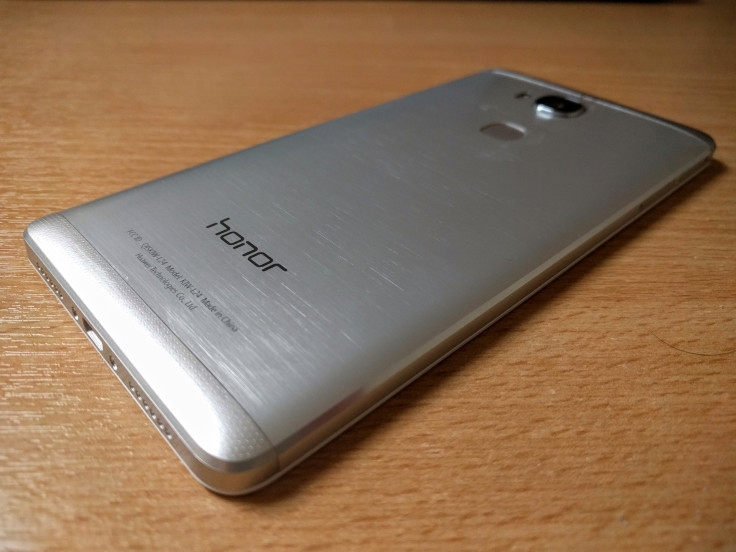
The world’s third-biggest smartphone maker, China’s Huawei Technologies Co. Ltd., experienced huge growth in 2015, but it remains practically a nonentity in the U.S. market. It’s hoping to change that circumstance with a combination of high-end handsets under the Huawei brand and budget smartphones under the Honor brand, the first of which we’re reviewing here.
Huawei launched the Honor brand in the U.S. at CES this year without much fuss and without any mention of the parent company at its press conference. For anybody who didn’t know better, it would have been difficult to tell that Huawei is the firm behind the Honor brand. The primary reason for the different branding is to separate premium devices, such as the Huawei Mate 8, from cheaper devices, such as the Honor 5X. However, a secondary reason centers on the fact that Huawei’s brand in the U.S. still appears tarnished because of its ties to the Chinese government, which has prevented the company from selling networking equipment here.
So, Is the Honor 5X Any Good?
The first phone in the Honor line to hit the U.S. is priced at $199 and is on sale now directly through the brand’s online store.
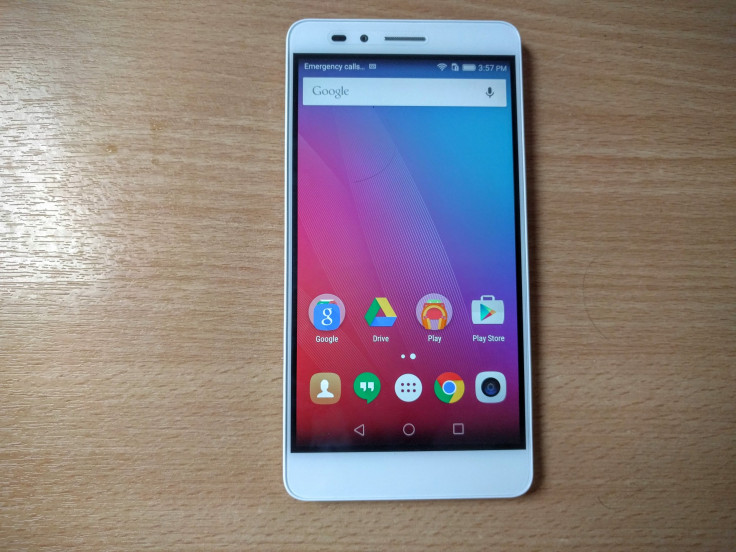
The sales pitch for the Honor 5X is that for less than $200 a customer can get a lot of smartphone, and that is certainly true. The phone is big, with a 5.5-inch Full HD screen, a 13-megapixel camera, a fingerprint sensor, a metallic rear cover and 3 gigabytes of RAM. These are all features customers typically don’t expect to find on a sub-$200 smartphone.
The design of the smartphone is OK, but there is a reason the phone’s website shows you only the brushed-aluminum rear cover of the smartphone, as the white plastic front surround of the silver model is pretty ugly, although the gold and gray models do look nicer.
Because the Honor 5X is a big phone, it can be hard to use one-handed. Among those looking for a large display on a budget, however, this device is likely your best option. Its screen can’t compete with the likes of the Apple iPhone 6S Plus or the Samsung Galaxy Note 5 in terms of clarity and sharpness, but it doesn’t have to. The display is perfectly good: Whether employed for watching videos, playing games or browsing the web, it is hard to fault.
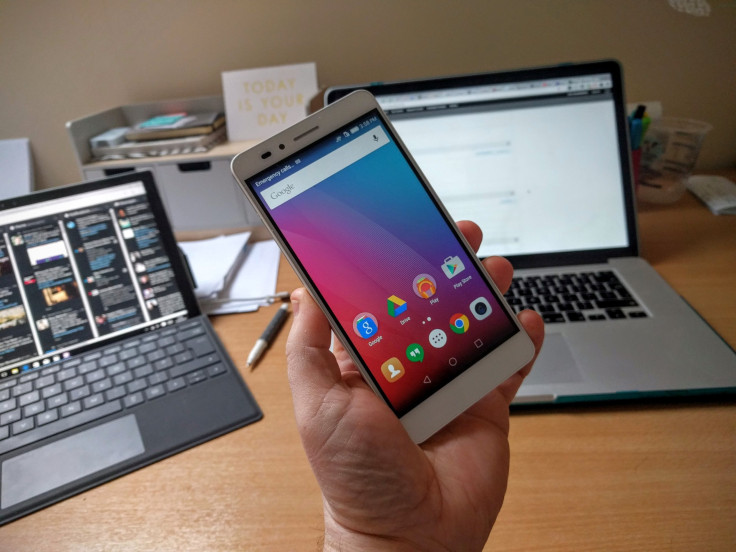
The fingerprint sensor — again an option missing on almost all smartphones around this price point — is fast and reliable. It is not as fast as the sensor on Huawei’s Mate S, but it is not far behind. It also is much better than the fingerprint sensor on some so-called premium models. It allows you unlock the phone, cancel an alarm and take a selfie by tapping or pull up notifications by swiping.
The other sensor on the rear of the device, the 13-megapixel camera sensor, also represents a step up from typical budget fare. While it struggles under low-light conditions, it is still a perfectly serviceable camera in most situations. You even get slow-motion and time-lapse video options. Battery life is also a positive for the handset, with the Honor 5X typically giving you more than one day’s worth of usage.
The phone comes with just 16 GB of storage, but it includes a microSD card slot for adding as much as 128 GB of extra storage. The Qualcomm Snapdragon 615 chip powering the device is decent, and while the interface and apps were not as snappy as the more powerful phones on the market, they rarely caused any major frustrations while being used.
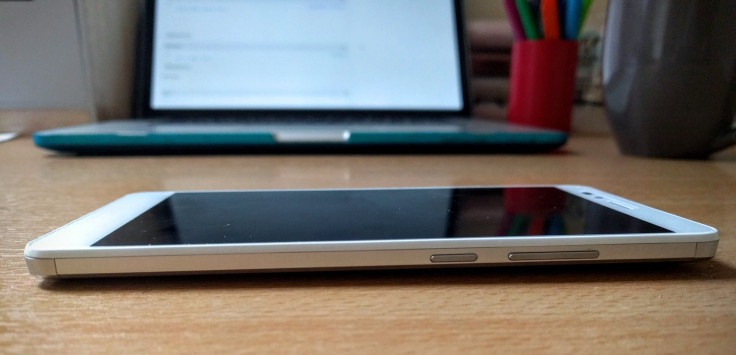
However, what did cause some frustrations was the software. The Honor 5X comes with software called EMUI, which is a heavy skin of the Android mobile operating system. All the typical Android elements are there, they are just hidden behind what appears to be an attempt to look more like iOS.
The result is a clunky and often frustrating interface where is it difficult to navigate, with apps so overdesigned it is sometimes hard to remember what they are for. Some reviews of the phone indicate the software alone means you should not consider the Honor 5X, but that would be a mistake. There are ways of getting around the problem.
The easiest is to download the Google Now Launcher. This app replaces Honor’s interface with one that looks like stock Android. It means that while all of the EMUI apps are still there, they are at least hidden in the app drawer and the navigation feels much more natural.
EMUI is clearly something Huawei believes adds value to its smartphones, but in fact it does the opposite, by alienating people picking the phone up for the first time and simply not knowing what to do. “While I can understand that trying to offer an iOSlike experience might make it easier for consumers to consider the device, it also sets itself up for failing on the comparison, so [it’s] quite a risk," Carolina Milanesi, chief of research at Kantar Worldpanel ComTech, told International Business Times.
Overall, the Honor 5X is an absolute bargain at $200. While the software is a bit flaky, customers will be able to work around that problem, and considering the metallic frame, fingerprint sensor, decent camera and big screen, you are not going to get much better options at this price.
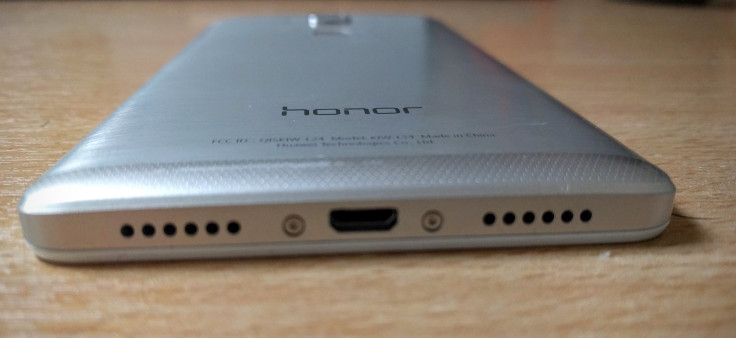
So Can Honor Help Huawei Crack the U.S. Market?
Huawei saw its smartphone shipments soar to more than 100 million units in 2015, according to figures compiled by the market research firm Gfk. It grew its handset sales by 44 percent at a time when the smartphone market globally grew by just 10.4 percent.
And Huawei’s recent success can be measured by metrics other than increased sales. For example, the company has grown its brand awareness globally to 76 percent now from less than 3 percent in 2011. Meanwhile, its Net Promoter Score, a measure of the loyalty of a brand’s customer relationships, has risen dramatically, to +47 today from –24 in 2013.
However, there remains one glaring gap in Huawei’s bid for global domination, and that is the U.S. market where the Chinese company has virtually no presence with its share still under 1 percent, according to Kantar Worldpanel ComTech figures. Huawei has said it will continue to push its premium models under its own brand in the U.S., while trying to win market share with the cheaper Honor brand.
The company has not explained how it plans to position and market the Honor brand in the U.S. in 2016, but some investment will be necessary. “Without further marketing investment, Huawei risks creating consumer perception that the Honor brand is merely a good value for money, limiting the value of their efforts to the lower end of their product portfolio,” Milanesi said in a blog post on how Chinese companies could make impacts in the U.S.
Unlike other brands, Honor has the ability to produce a sub-$200 device featuring premium hardware thanks to the resources and scale provided by Huawei. This will give it an advantage over many other brands looking to capture U.S. customers who are moving away from subsidized handsets and don’t want to pay a lot of money for a new smartphone.
But he question remains: Can Huawei convince Americans that Honor is a brand to trust?
© Copyright IBTimes 2025. All rights reserved.





















